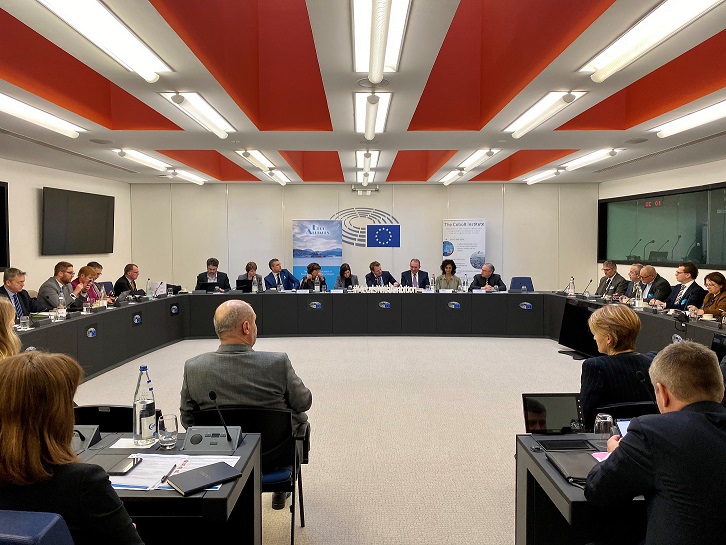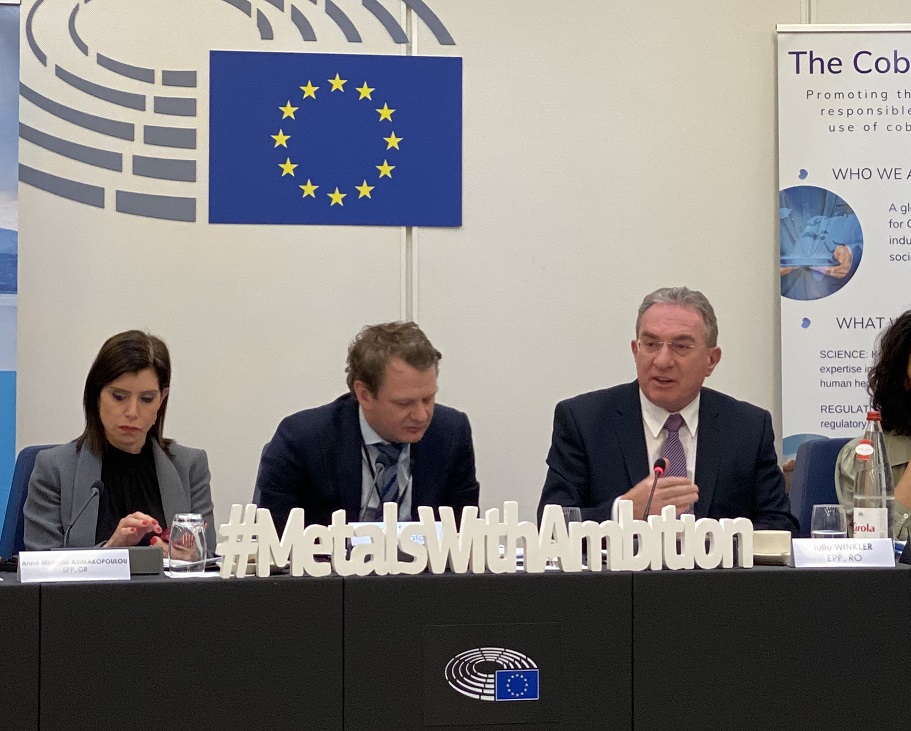Statement by Iuliu Winkler, MEP, INTA Vice-Chair
General considerations
Fair competition is a key priority for INTA, looking at different aspects such as state subsidy induced market distortions, dumping, and the effects of overcapacity or trade diversions. A key aspect of fair competition in trade relates to the level of burden we place on the European economic operators, especially SMEs. We ought to have a good balance and strike a good compromise between the complexity of objectives and legal requirements on the one hand, and feasibility (e.g. the simplicity of compliance) on the other.
The idea is to have good results, with as little burden as possible on our businesses and industry, especially in these highly complex and competitive times when we need to step up European competitiveness globally and face players such as China, the US or Russia (collaborates, competitors and often rivals). Industry is largely seen as having only privileges, but the fact is that it assumes more and more obligations. We need to show a proactive and engaging business and industrial sector, which works together with legislators and governments, coming up with feasible proposals, showcasing responsibility, commitment and credibility.

Case study: the Conflict Minerals Regulation
To give an image of the complexity of the tasks ahead, I will briefly refer as a case study, to the Conflict Minerals Regulation, for which I was the Rapporteur in the EP . The CMR was adopted in May 2017. Its due diligence requirements for Union importers of tin, tantalum, tungsten and gold, which are in line with the OECD five step approach for responsible supply chains of minerals will apply as of 1 January 2021.
The Commission, Member States and companies are undergoing intensive preparations on accompanying measures to ensure the correct and effective implementation of the Regulation. These include:
- Setting up Member State Competent Authorities to coordinate MS specific matters related implementation & monitor compliance
- Recognition of supply chain due diligence schemes in order to provide companies with flexibility and easing their adaptation in complying with the Regulation
- The Commission also drew a link between the potentially recognised supply chain due diligence schemes and the forthcoming initiative of establishing the list of global responsible smelters and refiners (Article 9 of the CMR states that the list will be drawn up taking into account the smelters and refiners covered by recognised supply chain due diligence schemes). This list should be ready in advance of 1 January 2021 to facilitate compliance.
- List of Conflict Affected and High Risk Areas (CAHRA), which should be made available no later than Q3 2020.
- Establishment of five missing thresholds in Annex 1 through Delegated Regulation. In the attempt to set up well-suited proportions for the thresholds, the Commission meets regularly with MS in an Expert Group on 3TG.
- DG Grow elaborated at the end of 2019 an IT application for SMEs as part of its Raw Materials engagement.
The European Parliament has set clear requirements in terms of responsible conduct supporting sustainable development. These requirements stem from legitimate concerns of our citizens and in the International Trade Committee, we take these very seriously.
One of the key points for me when working on the CMR has been ensuring feasibility. The obligations placed on economic operators should not, in the long run, damage their competitiveness, especially when thinking about SMEs. CMR has therefore included special provisions for SMEs, aiming to support them in compliance. As the Regulation comes into force in 2021, I am looking forward to the effective continuation of preparation phase, and certainly, to good results in the implementation.
Conclusions
Partnership with business as legitimate stakeholder is key in delivering good results that will not affect European competitiveness and that will not hamper the growth of European SMEs
European industry, as a proactive stakeholder undertaking clear commitments will bring more substance to our efforts to support free trade and promote fair competition, complementing our engagement on sustainable development and responsible sourcing of raw materials.
The panel was hosted by the Cobalt Institute and EuroAlliages (European ferro-alloys and silicon association)








